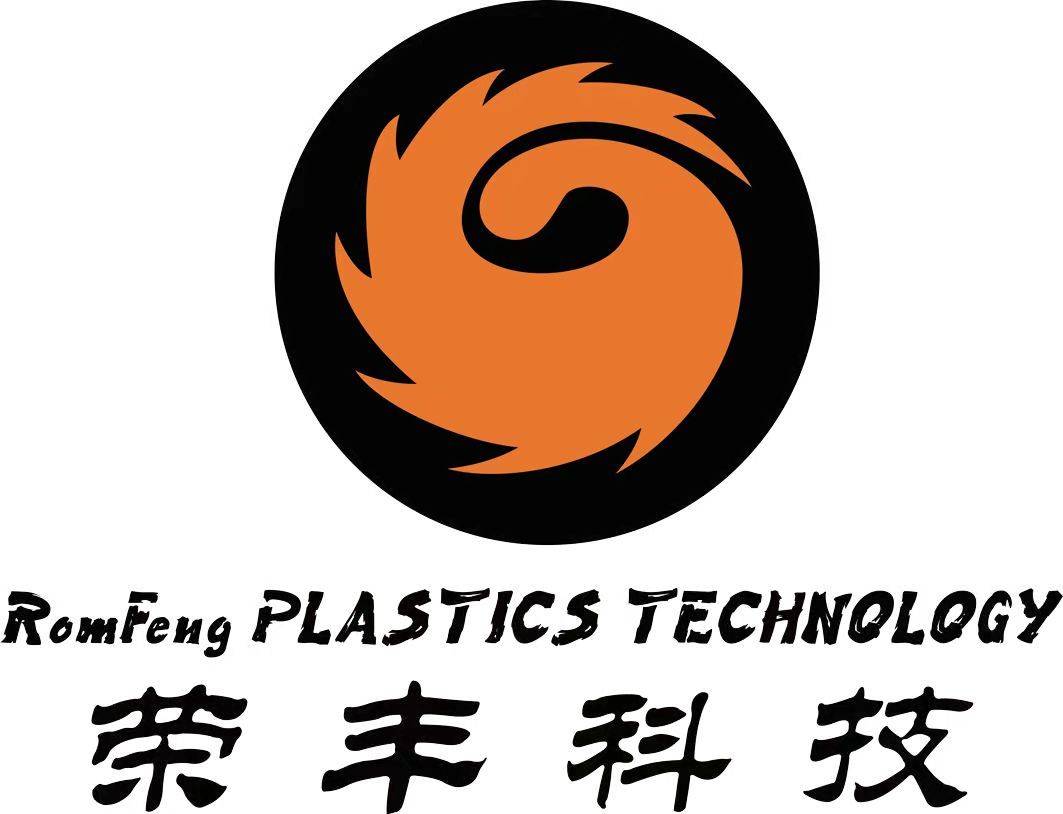PRODUCTS
Modified Materials For Wires And Cables
PVC Compound Insulation Material for 80℃ 90A NTC Electric Blankets Thermal Sensitive Wires
TPU Modified Material for Car Dust Covers
120 ℃ -40 ℃ Hardness Shore D 45 TPE Car Dust Covers Special Elastic Material
PUR Modified Materials for Drag Chain Cables Outer Jackets
PVC Modified Materials for Drag Chain Cables
TPE Modified Materials for Drag Chain Cables Outer Jacket and Insulation
Silane XLPE XLPO Materials for Solar PV1-F Cables Insulation
Silane XLPE XLPO for Solar Cables PV1-F Sheathing
PVC Materials for Agricultural Hoses






